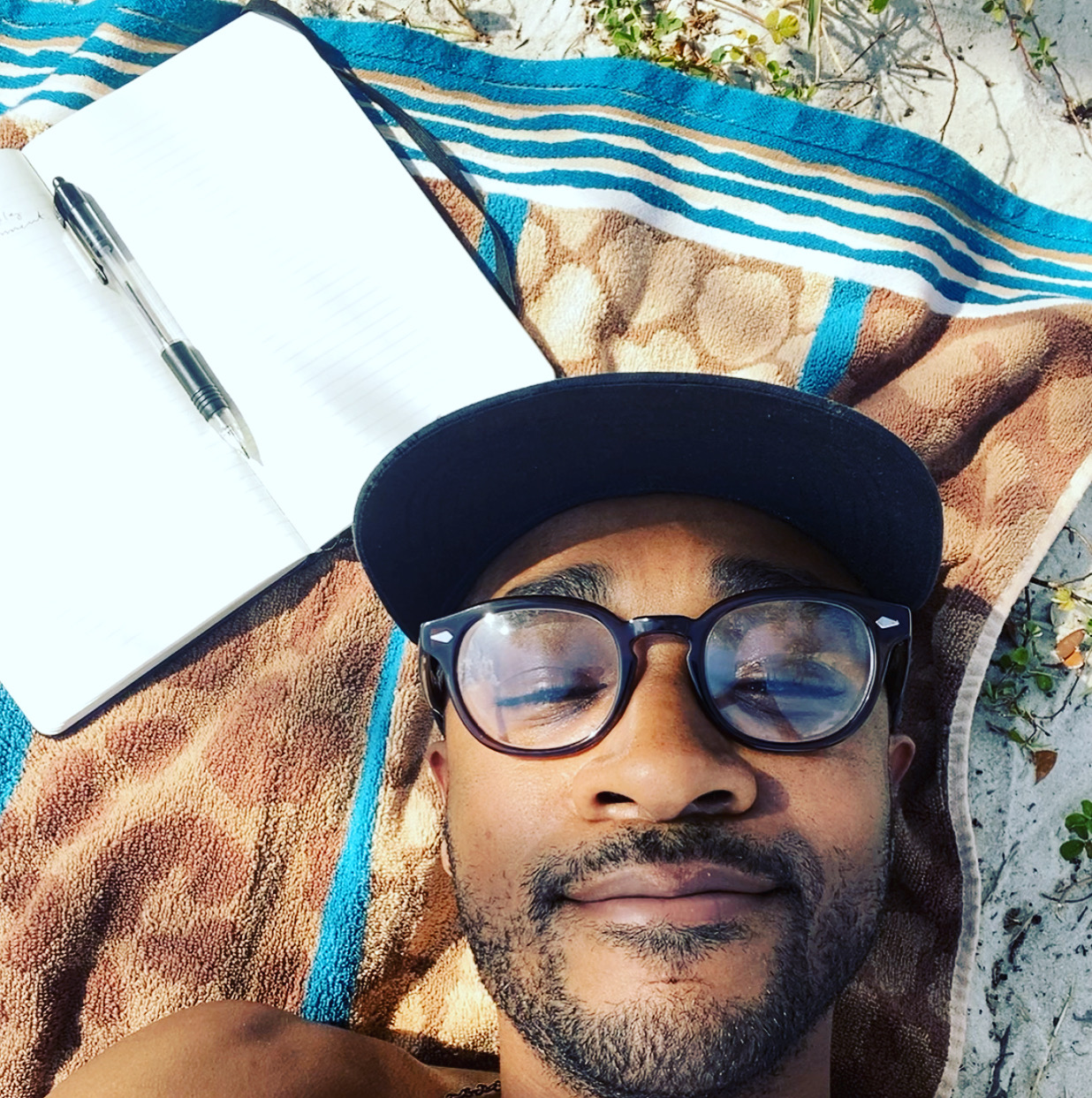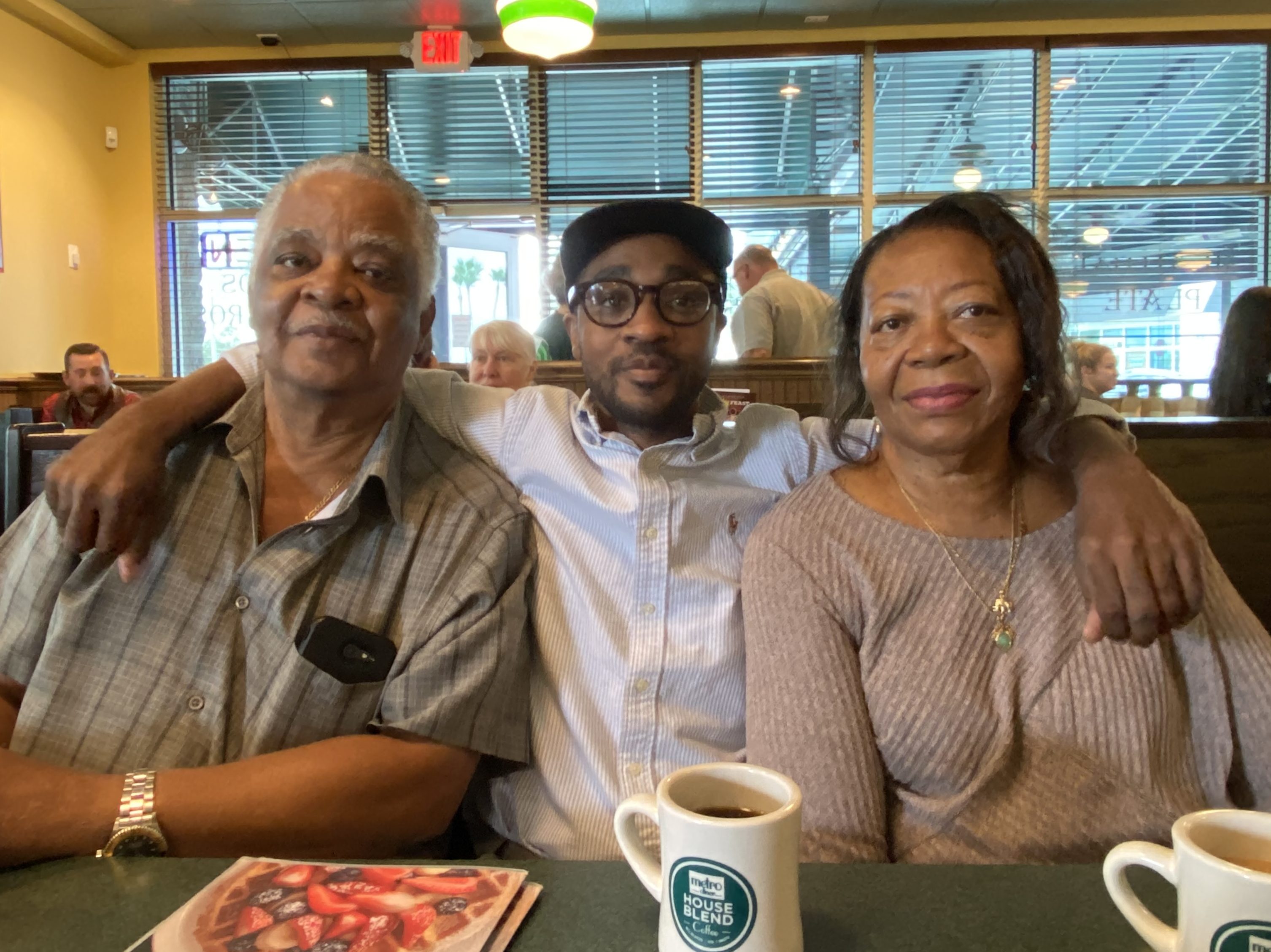Let’s start with some real-talk. It can be challenging and oftentimes unbearable, spending extended time with your parents. Well, I’ve completed three months quarantined with my parents and feel like I deserve a gift pony. But instead, I share these 3 tips with you.
Jokes aside. The fear, discomfort, sadness, and even anger at the onset of this extended visit turns out to be exactly what I needed to crystalize years of self-work.
After 5 months on a cross-country road trip. Part business and part healing from the loss of two older brothers in 2019. My trip drew to an end in SouthWest Florida as a result of COVID-19. Over these 5 months, I had a few areas of focus.
Shedding fear and anxiety in social situations. Letting go of pain from loss. And, letting go of negative narratives.
Letting go of narratives around the fear of being alone. Fear of violated trust. Fear of judgment and persecution from white people to name a few. The list of fears goes on when I am able to slow down and listen.
One: We Can’t Run From Nature
As a part of my gratitude journaling practice, instead of ruminating on the issues I’ve had with my parents, I meditate on things I appreciate. What was my favorite food growing up? What traits am I proud to have inherited?
I found, by asking these questions, I was able to focus on a more minute level, on the gifts I’ve received from my parents.
What habits have I inherited?
Some generational habits around things like food can be bad. Particularly if they help to perpetuate preventable diseases like hypertension and diabetes. Other eating habits might be cultural and provide an important connection to ancestry to be preserved.
What genetic traits have I inherited?
Whether these be physical gifts like athleticism or appearance, intellectual gifts like charm or an analytical mindset, or even emotional gifts like empathy and resilience, we can’t run from nature. So might as well embrace them sooner than later, and make choices on how to integrate them into our lives.
Two: We Are More Alike Than We Know
From subtleties in mannerism to similarities in thought or values, it turns out that we are more alike our parents than we know.
In the book “The Laws of Human Nature” by Robert Greene, Greene asserts, as adults enter their 30s their values start to feel a lot more like their parents.
Think about it. You’ve exited the angsty teenage years and are beginning to look back on your 20s with judgment. Who else’s voice would color that assessment but the people who’ve raised you for 30 years?
You can test this hypothesis with thoughtful questions that allow both you and your parents to get vulnerable with one another. What is one moment you wish you could relive? What do you love most about yourself? What are you willing to fight for?
When you dip beneath the surface, you might find something unexpected. I found many reflections that helped me see them as human, and raise me up as a peer.
Three: Our Parents Have Issues Too
We all have an ego, some more pronounced than others. Understanding your own ego, allows you to quiet it down, and see how it interacts with someone else’s.
The most extreme version of ego interplay is with our primary attachment partnerships. Primary attachment refers to the motivations and actions that arise between parents and their children that inform the child’s behavior in future intimate relationships.
This is to say, by understanding and being intentional about ego interplay with your parents, you improve your ability to show up with intention in all intimate relationships.
My fear of disappointing my parents, actually triggers defensiveness and avoidance. It shows up in my body language, words, and even in my general need to close and protect myself. This reaction gets mirrored by my parents.
Once I allowed myself to accept my tendencies when facing this fear, I started to take their advice. I heeded their nudges to confront lingering fears around business and finances.
The Gift of Resilience
Then a funny thing happened. My parents shared stories about the days they struggled as young parents in Jamaica. Stories about the years our family was separated as my parents immigrated to America. And even of the struggles and triumphs of my grandparents and great grandparents. The legacy of resilience was real. The awareness of my inner-wealth grew stronger.
After I let go of the shame and open, my parents mirrored back openness and vulnerability. I was able to reframe what felt like attacks as their desperate attempts to keep me safe. I saw that I was missing out on sometimes sad, yet infinitely useful lessons from my generation’s past. The gift of resilience, that comes with being black.


